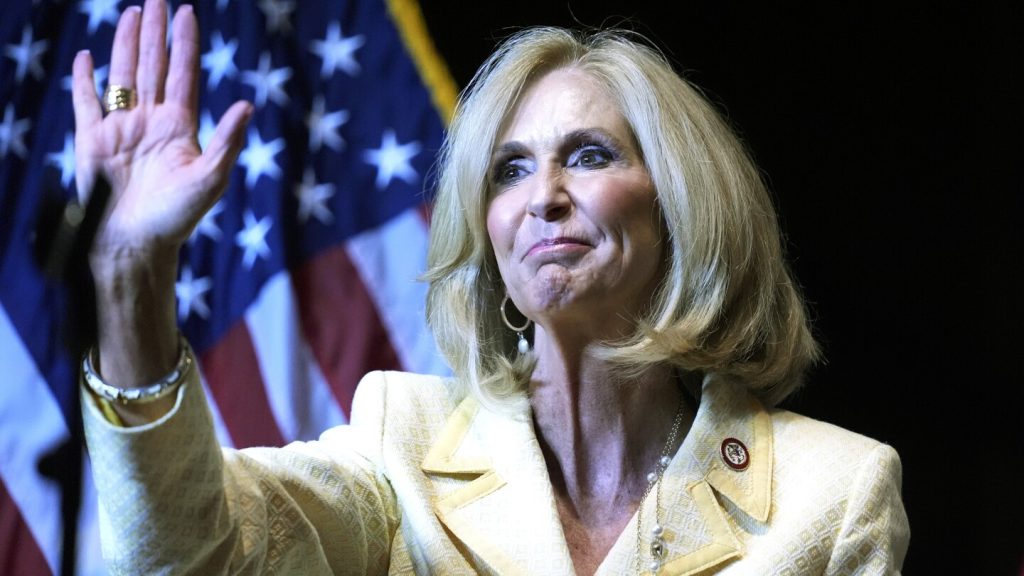The new Mississippi law that requires users of websites and digital services to verify their age is facing a legal challenge from a tech industry group, NetChoice. The group argues that the law will unconstitutionally limit access to online speech for both minors and adults. The law, which is set to go into effect on July 1, aims to protect children from sexually explicit material by requiring age verification for online content. However, NetChoice claims that the law violates the First Amendment by mandating age verification as a condition for accessing protected speech.
NetChoice has successfully challenged similar laws in other states, including Arkansas, California, and Ohio. The group argues that the Mississippi law would replace voluntary content moderation efforts by websites with state-mandated censorship. The lawsuit also raises concerns about the broad and subjective categories of speech that the law requires websites to monitor and censor, potentially impacting a wide range of content, from classic literature to modern media. Mississippi Attorney General Lynn Fitch is named as the defendant in the lawsuit, and her office has stated that they look forward to defending the law as a means to help parents protect their children online.
In addition to Mississippi, NetChoice has also sued other states over laws that impose strict limits on children’s access to social media. Utah was among the states sued by the group, prompting revisions to the laws in March. The new laws in Utah require social media companies to verify the ages of their users and disable certain features on accounts owned by youths in the state. Legislators in Utah also removed a requirement for parental consent for children to open social media accounts, addressing concerns about compromising online security. This legal battle highlights the ongoing debate over how to balance protecting minors from harmful online content with preserving free speech rights for all users.


